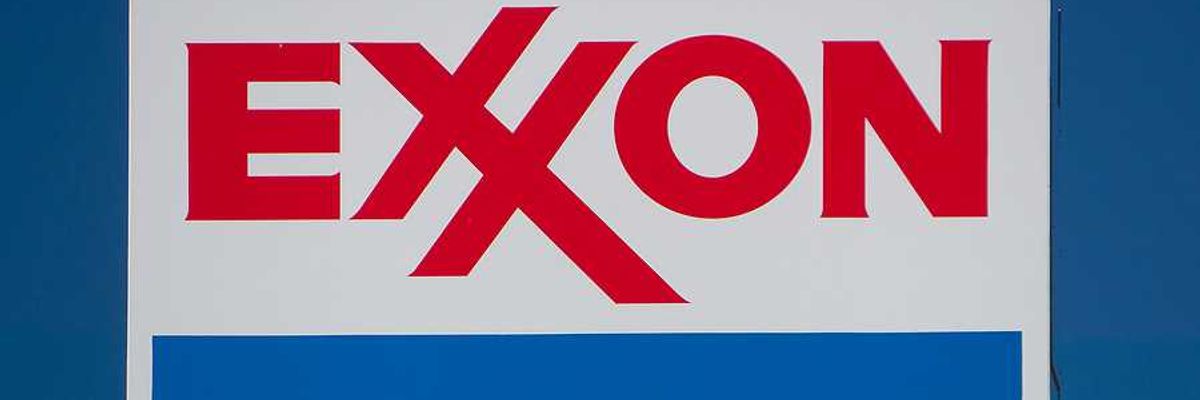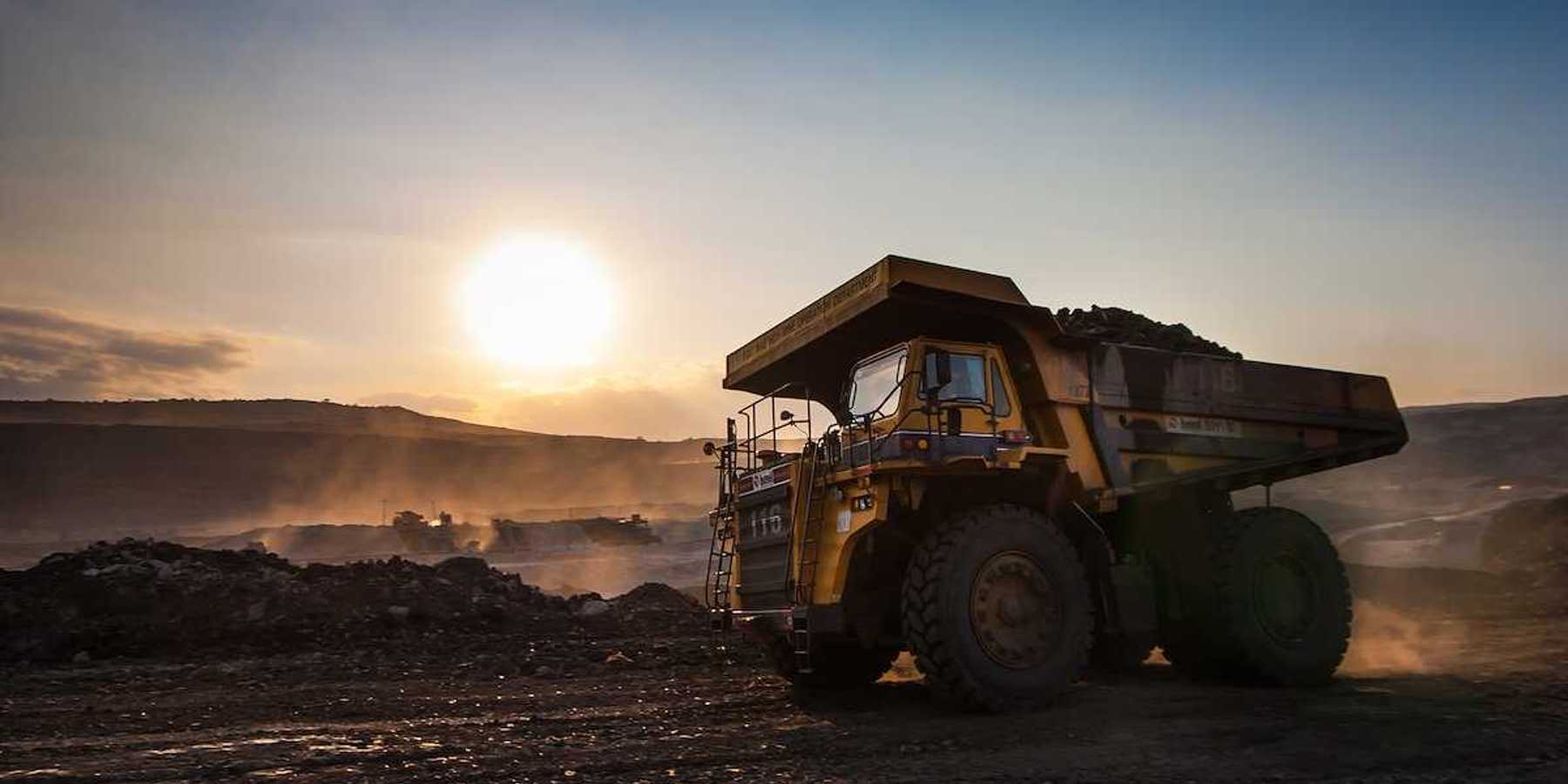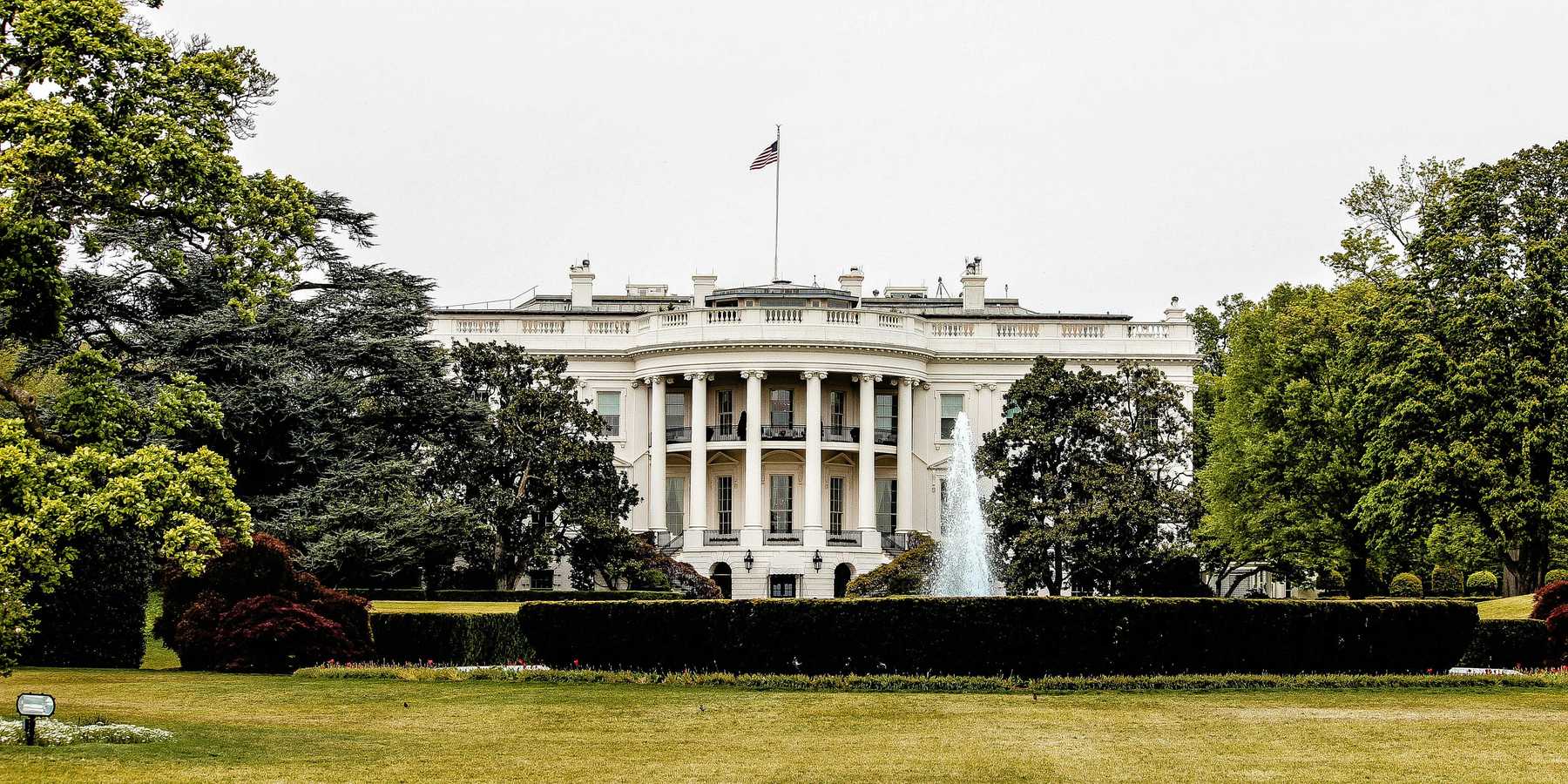taxpayers
California regulators fail to enforce new oil well cleanup law
California regulators decided they lack the authority to enforce the state's new oil well cleanup law on California's largest oil company merger, potentially costing taxpayers billions.
In short:
- California’s new oil well cleanup law, passed in October, requires companies to set aside bonds to cover cleanup costs during well transfers.
- State regulators ruled the law doesn't apply to the merger of California Resources Corp. and Aera Energy, which involves about 16,000 idle wells.
- Critics argue this interpretation creates a loophole allowing companies to evade the law’s financial requirements.
Key quote:
“If a company is drilling for oil in California, they should be responsible for cleaning and closing that oil well. Not enforcing the law as intended sets-up our state for a potential financial catastrophe.”
— Assemblymember Wendy Carrillo
Why this matters:
Idle oil wells in California leak pollutants, endanger public health and pose financial risks to taxpayers. Without enforcement, the state faces escalating cleanup costs and environmental hazards.
As extreme weather increasingly threatens crops, study finds taxpayers pay the price
Oil companies want to remove carbon from the air — using taxpayer dollars
Oil companies have made billions of dollars drilling for carbon-rich fuels that are dangerously overheating the planet. Now some of those same firms are seeking to profit from a new taxpayer-subsidized line of business: pulling carbon pollution from the atmosphere and pumping it back underground.
Paul Burns and Lauren Hierl: Make Big Oil pay, not Vermont taxpayers
In this Vermont Digger commentary, Paul Burns and Lauren Hierl write that the biggest oil companies in the world made more than $200 billion in profits last year, while Vermonters were forced to pay record prices at the pump — and got stuck with the costs of climate change cleanup in their communities.
In a nutshell
Climate change is proving costly for taxpayers, with millions of dollars already allocated to climate change mitigation measures and predictions of billions more in economic, health, and environmental damages in the coming years. As the debate rages on, the question remains: should Vermonters foot the bill, or should the big oil companies that knowingly contributed to the problem step up and take responsibility for the mess they created? Vermont's Climate Change Superfund Act would require Big Oil to to do just that.
Key quote
"Unsurprisingly, making polluters pay to clean up their messes is wildly popular. A recent poll of voters conducted by Data for Progress found that 64% of Vermonters support a bill that would assess a one-time fee on big oil and gas companies such as ExxonMobil and Chevron to pay a share of the costs for making Vermont’s infrastructure better able to withstand the impacts of climate change."
The big picture
Burning fossil fuels releases harmful pollutants that contribute to air pollution, respiratory illnesses, and premature deaths. These impacts disproportionately affect vulnerable communities, exacerbating existing health disparities. Big Oil companies knew about the risks associated with carbon pollution but chose to prioritize profits over the well-being of people and the planet. As U.S. states grapple with the effects of climate change brought about by the burning of fossil fuels, Governor Phil Scott's decision about who should bear the burden of climate change damages will be closely watched.
Read the opinion piece at the Vermont Digger.
For additional context about our love affair with fossil fuels, read about missed opportunities to to curb climate change and advance clean energy in this 2022 commentary from Peter Dykstra.
Climate change will be expensive. Who should pay?
Should taxpayers be forced to foot the bill for oil and gas sector’s carbon capture plans?
We are debating the merits of whether or how to deliver the oil patch their carrot, with little discussion about the stick that needs to go with it.
Environmentalists blast ‘shameful’ report on the Biden administration’s oil and gas leasing program
A Department of Interior report released recently found that taxpayers are being shortchanged by a federal oil and gas leasing program that consistently undercharges fossil fuel companies.









